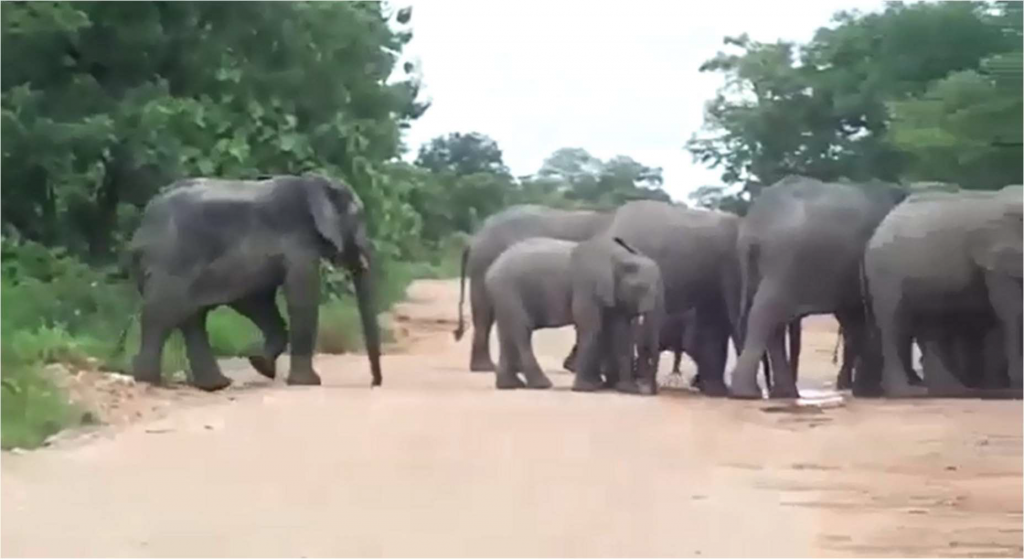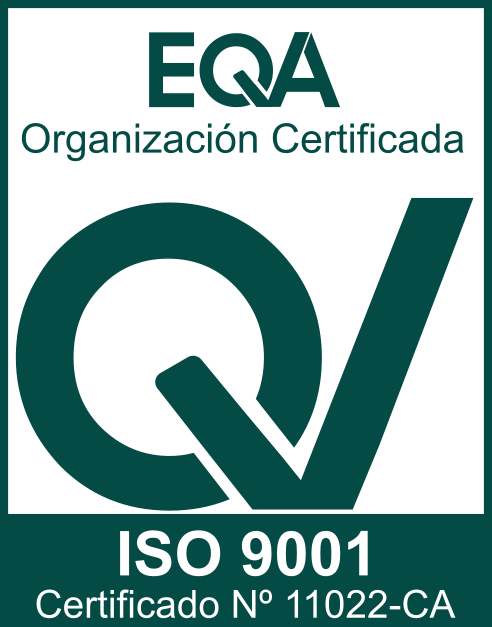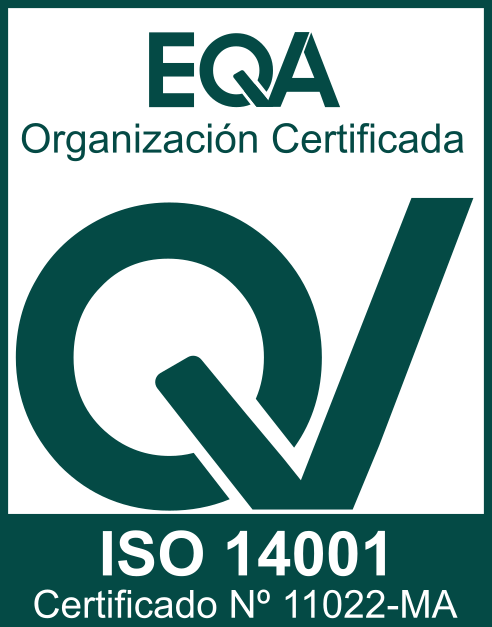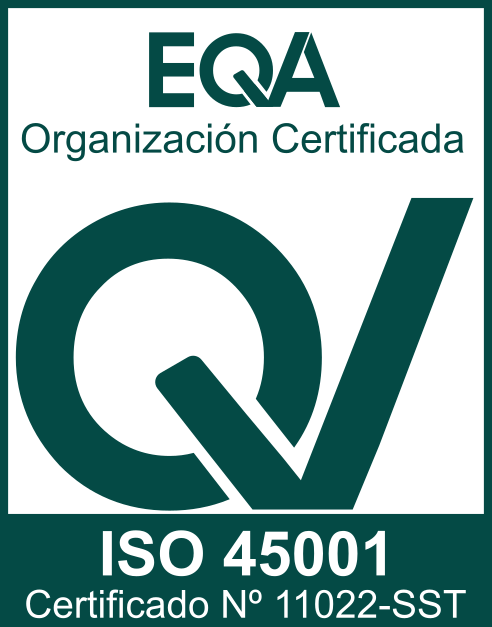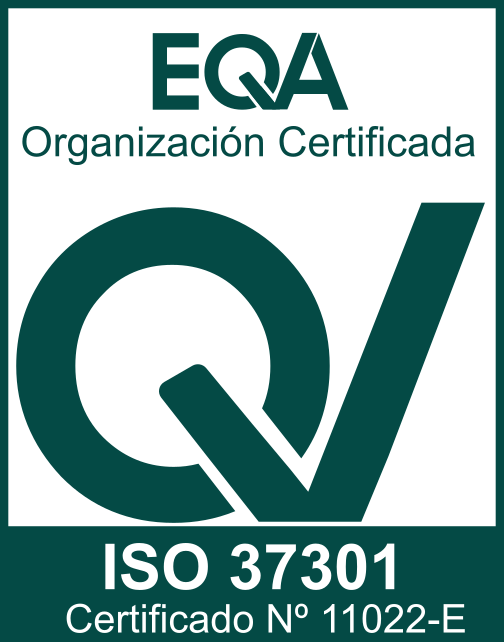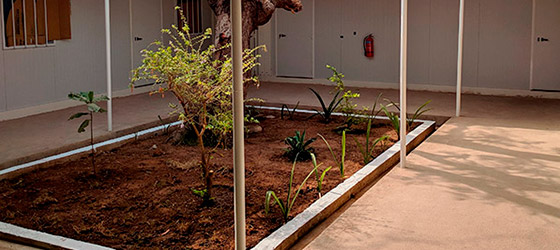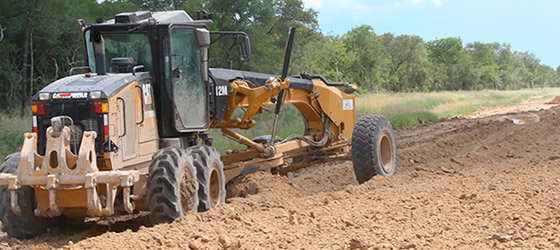QGMI is developing in northern Ghana the improvement of the road connecting the cities of Bolgatanga, Bawku and Pulmakom. In this way, 109 km of road are being asphalted with a double surface treatment, benefiting more than 750,000 people, reducing travel times between these cities, facilitating trade and the movement of goods and, consequently, stimulating the economic development in the region and improving the health conditions of the population, as hospitals will also be more accessible.
QGMI always works in line with the major international standards, such as Equator Principles and the IFC (International Finance Corporation). This includes biodiversity studies that help to protect sensitive species whose habitats are in proximity to the project.
After carrying out an ESIA (Environmental and Social Impact Assessment), it was found that the initial project proposal ran through a historic elephant migration corridor, the Red Volta Corridor, through which elephants cross from Burkina Faso to Togo via Ghana and vice versa. Following these investigations, and in order to continue with the socio-environmental studies, QGMI contracted the international consultancy firm Ramboll, which carried out an analysis in the road implementation area.
Although minimal elephant presence had been recorded in the area in recent years, the study promoted by QGMI and Ramboll extended the investigations, analysing which areas of the elephant corridor were still active, as well as the frequency of use. To further detail the necessary verifications, experts from the Kwame Nkrumah University of Science and Technology (KNUST) coordinated a study that assessed biodiversity in the project environment. It has revealed that there is now more elephant activity along the Red Volta Corridor than previously known. This is news to celebrate, as it has been confirmed that elephants continue to use the corridor for their migrations.
Currently, with the support of QGMI, KNUST and Ramboll are continuing their research in the corridor environment with the aim of learning more about the elephants that inhabit the area. Through DNA samples collected from the dung found, it is planned to classify them genetically and help protect them.
